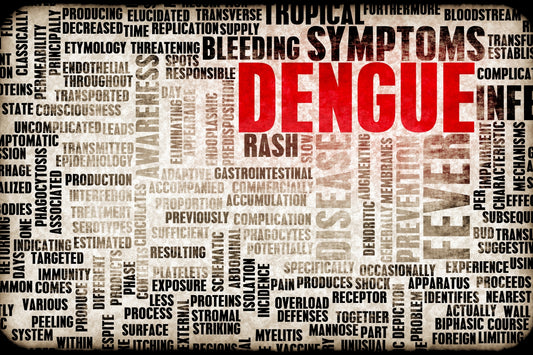Serratiopeptidase uses:
- Anti-inflammatory: Serratiopeptidase is known for its anti-inflammatory effects. It helps reduce swelling, redness, and pain associated with inflammatory conditions such as arthritis, sinusitis, and sports injuries.
- Pain Relief: Due to its anti-inflammatory properties, serratiopeptidase may help alleviate pain caused by conditions like joint pain, muscle pain, and postoperative discomfort.
- Respiratory Health: Serratiopeptidase has been used to support respiratory health by promoting the breakdown of mucus and facilitating its expulsion. It may be beneficial for conditions like chronic obstructive pulmonary disease (COPD), bronchitis, and sinusitis.
- Edema and Swelling: Serratiopeptidase has been found to reduce edema and swelling by breaking down proteins that contribute to fluid retention and tissue inflammation.
- Scar Tissue Reduction: Some studies suggest that serratiopeptidase may help reduce the formation of scar tissue by breaking down fibrin, a protein involved in the formation of scar tissue.
- Ear, Nose, and Throat Conditions: Serratiopeptidase has been used to alleviate symptoms associated with ear, nose, and throat conditions such as sore throat, tonsillitis, and ear infections.
- Serratiopeptidase as an anti-biofilm agent: Bacterial biofilms are like tightly packed communities of microorganisms that stick together on surfaces. They're surrounded by a slimy material they make themselves. These biofilms can cling to both living and non-living things. One thing that makes them tricky is they're really good at resisting our body's defenses and the medicines we use to fight infections. This makes them a big problem for our health and our wallets because they cause long-lasting infections. They can be behind issues like urinary tract infections, lung infections that won't go away, heart infections, bone infections, and ear infections that just won't quit. They also like to grow on things like medical devices, such as catheters, pacemakers, artificial joints, and even our teeth, causing stubborn infections there too. They're incredibly tough, almost 100 times tougher than individual bacteria colonies, which is why regular antibiotics often don't work against them.People have been trying different ways to deal with these biofilm problems. They've tested methods to stop biofilms from forming, break them apart, or use powerful antibiotics to get rid of them. One interesting idea was to use enzymes called proteases. These proteins play a role in how biofilms form and stick together. So, scientists thought proteases could be a way to treat biofilm-related infections. And it turns out they were right! They found that proteases from various sources could effectively fight biofilms, especially a type called metalloproteases. There are also commercial protease products available, like one called Serratiopeptidase. This product has been shown to work well against different health problems caused by biofilms for a few reasons: 1) It can change the harmful behavior of bacteria in biofilms, making them less of a threat. 2) It can break down mature biofilms, which is a big deal because those are really hard to get rid of. 3) It can make regular antibiotics work better against biofilms, helping us fight these infections more effectively
Serratiopeptidase dose:
The appropriate dose of serratiopeptidase can vary depending on various factors, including the specific health condition being addressed and individual factors such as age and overall health. It is always recommended to consult with a healthcare professional or follow the instructions provided by the product manufacturer for the most accurate and suitable dosage.
Typically, serratiopeptidase is available in oral tablet or capsule form, and the recommended dosage ranges between 10 to 60 milligrams per day. However, dosages can sometimes be higher for certain conditions or as advised by a healthcare professional.
It's important to note that self-medicating or exceeding the recommended dosage without professional guidance is not advisable, as it may lead to adverse effects or interactions with other medications.
Serratiopeptidase in pregnancy:
Serratiopeptidase is suggested as a natural remedy for blocked fallopian tubes. Blocked fallopian tubes can have various causes, such as inflammation, scarring, or structural abnormalities. In cases of tubal blockage, it is crucial to consult with a healthcare professional, specifically a fertility specialist or gynecologist, for appropriate evaluation and treatment options.
Other names:
Serratiopeptidase is known by various alternative names and synonyms. Some common alternative names for serratiopeptidase include:
- Serrapeptase
- Serratiapeptase
- Serratiopeptide
- Silk worm enzyme
- Silk worm protease
- Serratia E15 protease
These names are used interchangeably to refer to the same enzyme derived from the bacterium Serratia E15



